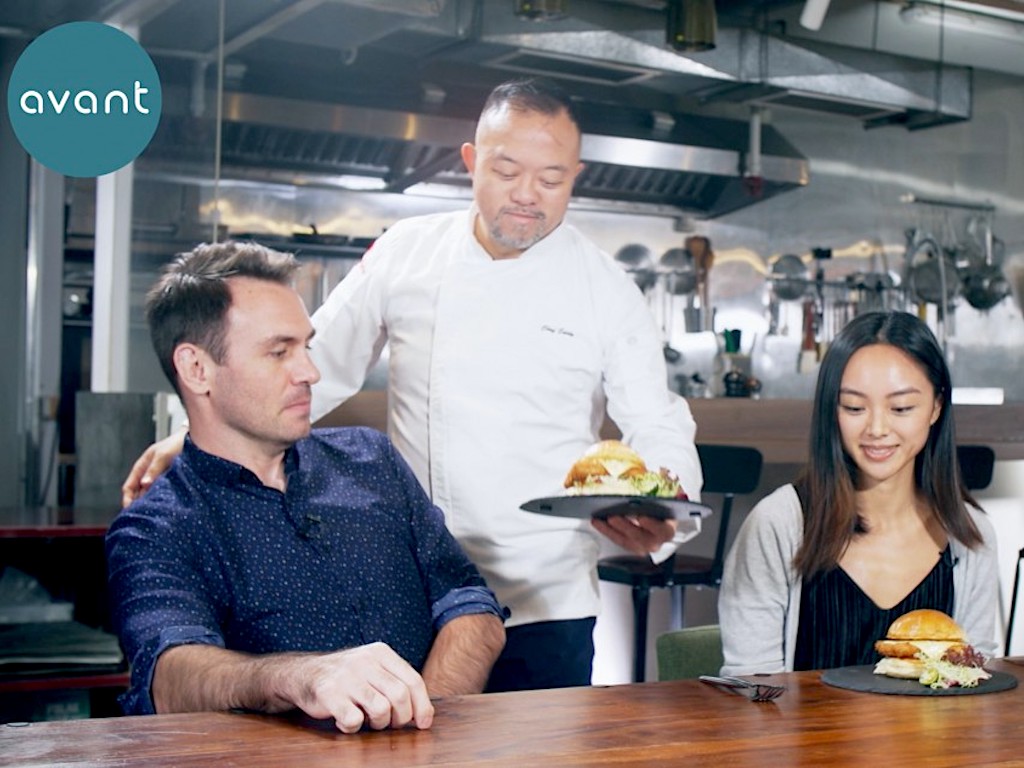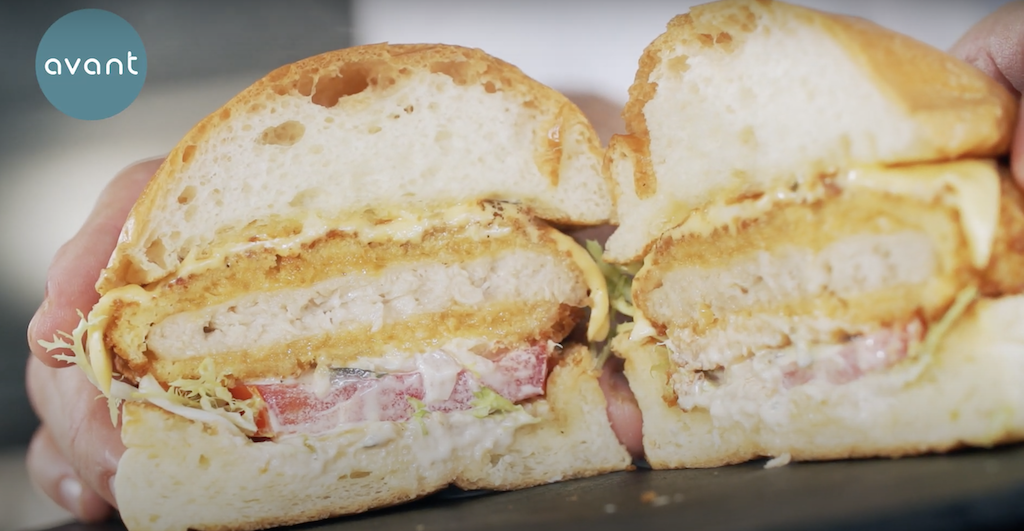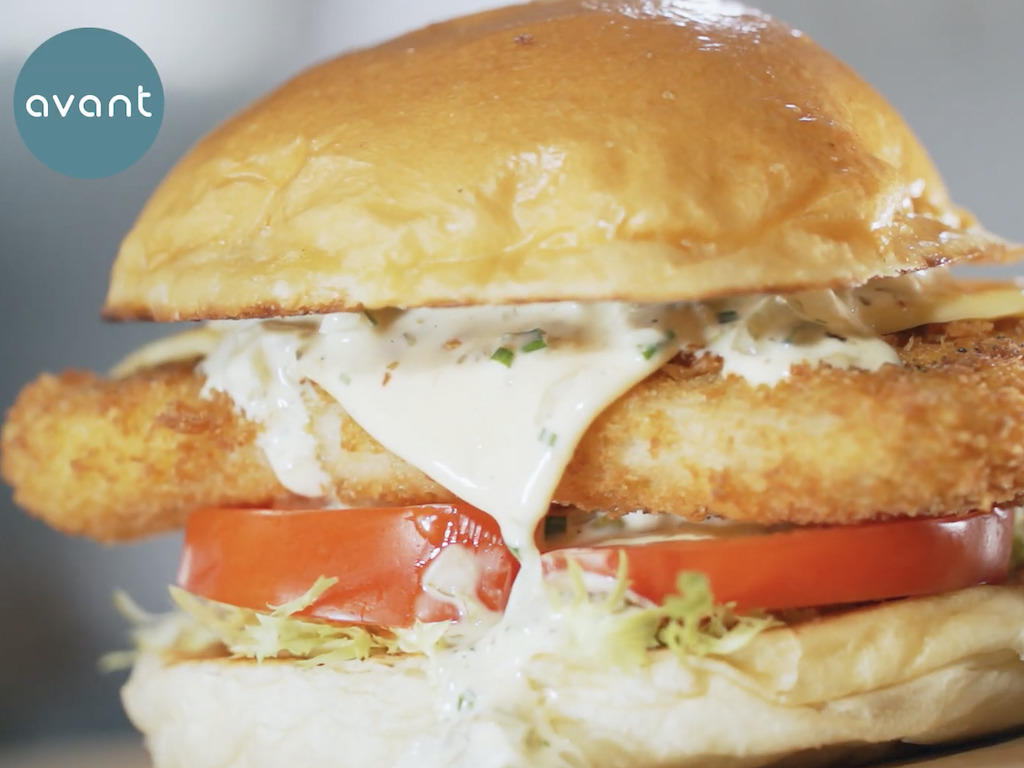Avant Meats Forms Strategic Partnership With Vietnam Seafood Giant To Bring Cultivated Fish To Market
3 Mins Read
Avant Meats, the Hong Kong-based food tech developing cell-based seafood, has announced a new strategic partnership with Vinh Hoan Corporation (VHC), the world’s largest pangasius fish producer based in Vietnam. The partnership will see Avant Meats leverage VHC’s global sales network and manufacturing capabilities, with the view to accelerate the commercialisation of its cultivated fish products.
Announced on Monday (January 25), the strategic partnership between Avant Meats and VHC stems from the Vietnamese seafood giant’s recent acquisition of Vinh Technology, its Singapore-based arm that holds a minority stake in the Hong Kong-headquartered food tech. Avant Meats will be able to tap into VHC’s vast global sales and industrial production capacities, which will help speed up its scale-up and go-to-market strategy.
VHC’s knowledge of customer requirements will provide valuable guidance for our product development and commercialisation.
Carrie Chan, Co-Founder & CEO, Avant Meats
The startup, who recently debuted the region’s first-ever prototype of fish fillet cultured directly using fish cells in a cooking demonstration by prominent Hong Kong-based Chef Eddy, will also gain access to Vinh Technology’s resources in agri-tech, food tech and biotech in relation to seafood.

“VHC is a global leader in aquaculture and functional proteins,” said Carrie Chan, co-founder and CEO of Avant Meats. “VHC’s knowledge of customer requirements will provide valuable guidance for our product development and commercialisation.”
“We look forward to working with Avant to commercialise a new generation of cultivated fish proteins for food and functional applications,” added Mdm Khanh Truong, founder and chairwoman of VHC.
As the world’s largest pangasius fish company, VHC’s decision to team up with Avant Meats is an indication of the pressure that conventional food and agriculture businesses are under to capitalise on shifting consumer trends towards healthier, safer and sustainable proteins.
Alternative protein solutions like cultivated meats have also been keenly eyed by industry stakeholders as a remedy to supply chain disruptions. Production sites for cell-based proteins can be set up virtually anywhere to boost local production, and would also eradicate the issue of livestock and aquaculture diseases that have wreaked havoc on farm stocks, from African swine fever to Div1 shrimp virus.
Read: What’s the case for cultivated? 10 reasons why cell-based protein is the future

Avant offers a unique opportunity for us to diversify our future product portfolio to offer additional choices to address emerging consumer needs and trends.
Tam Nguyen, CEO, VHC
With regard to the seafood industry in particular, cell-based fish would present a solution to overfishing – an issue that is set to worsen due to a spike in demand as more people begin to replace red meats with seafood – as well as other environmental disasters related to fishing, from plastic pollution to carbon emissions and bycatch.
“Avant offers a unique opportunity for us to diversify our future product portfolio to offer additional choices to address emerging consumer needs and trends,” commented Tam Nguyen, CEO of VHC.
This news comes shortly after the Hong Kong cell-based startup bagged US$3.1 million in a seed funding round, which notably saw the participation of Markus Haefeli, the chairman of leading tilapia fish producer Regal Springs. At the time, Avant said it will use the financing to accelerate R&D and lower production costs in order to bring their cultivated seafood products to market in 2021.
While the world has yet to see the first cell-based seafood land on the market, it is likely that it would be far into the future, given Singapore has already given the first-ever regulatory approval for the commercial sale of cultured meat made by San Francisco food tech Eat Just.
All images courtesy of Avant Meats.




